
Traces de France
Pour l’amour du pays, par les yeux du monde
Étiquette : English
illustration : Palais de Noordeinde à la Haye, Pays-Bas, avec la devise « Je maintiendrai » en français
-

Haute cuisine how the french invented the culinary profession (AMY B. TRUBEK, 2001)
For a century and a half, fine dining the world over has meant French dishes and, above all, French chefs
-

Accounting for taste, the triumph of french cuisine (Priscilla Parkhurst Ferguson, 2004)
French cuisine may or may not be the world’s best, but it certainly is the most widely influential cooking style, and it is unquestionably the standard against which all other cuisines are measured
-

‘From Jammet’s to Guilbauds’: The Influence of French Haute Cuisine on the Development of Dublin Restaurants (Máirtín Mac Con Iomaire, 2014, article)
This chapter will outline the origins of French haute cuisine and will trace the story of its movement
-

French cooking guru Bocuse is ‘chef of century’ | The Independant
Frenchman Paul Bocuse, credited as the father of « nouvelle cuisine » and the first of the celebrity chefs, has been named « chef of the century » by America’s leading cooking school.
-

How was French cuisine toppled as the king of fine dining? | The Conversation
In the food world, one of the biggest stories of the last 50 years has been the waning of French culinary authority, the end of a 300-year reign.
-
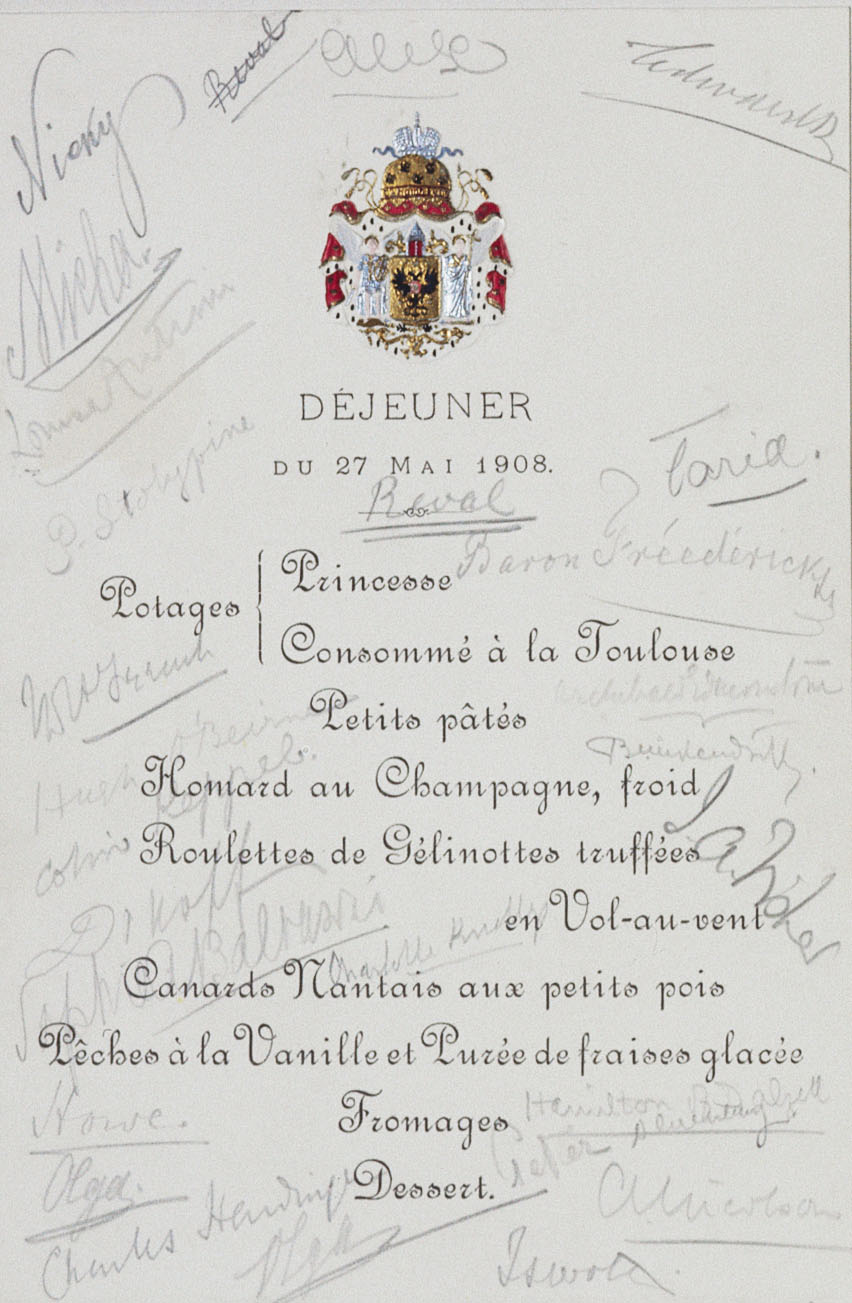
Menu for dinner, May 27 1908
Menu for dinner, May 27 (Russian Imperial calendar) or 9 June (Gregorian calendar) 1908, with signatures of the people who were present, during the state visit to Reval, Russia, probably on board the royal yacht Victoria and Albert. The menu is in French
-

Before Walt Disney: 5 Animations by Early Cinema Pioneers | The Atlantic
French cartoonist and animator Émile Cohl is often referred to as “the father of the animated cartoon.”
-

History of British Pathé | British Pathé
British Pathé was once a dominant feature of the British cinema experience
-
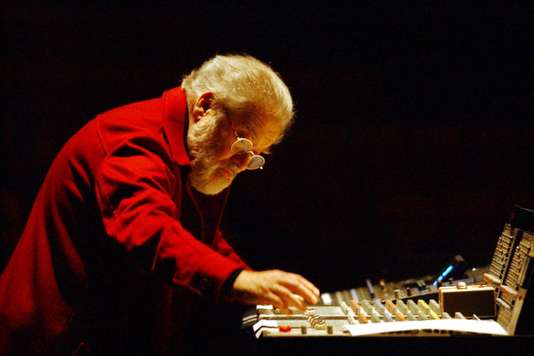 dans 4.1.7 Musique
dans 4.1.7 MusiqueMort de Pierre Henry, père de la musique concrète | Le Monde
Souvent présenté comme le père de la musique concrète, Pierre Henry le fut moins dans le sens biologique – c’est Pierre Schaeffer (1910-1995) qui tint ce rôle en étant le premier à composer des œuvres à partir de cellules prélevées dans les bruits quotidiens
-
 dans 4.1.7 Musique
dans 4.1.7 MusiquePierre Henry (1927-2017) “The Father of Modern Music”
A substantial number of classical music lovers have probably never heard the term “musique concrète.”
-
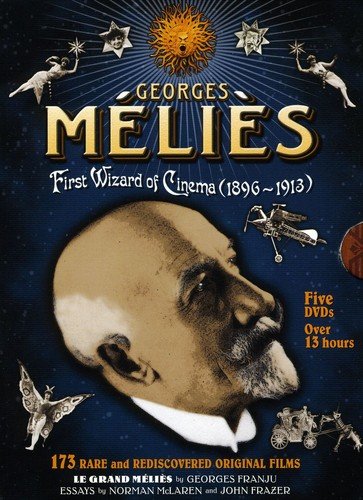
Georges Méliès: The First Cinemagician
the seminal French filmmaker considered by many the father of special effects and referred to as “the first cinemagician.”
-

Join the worldwide celebration of music on June 21!
In 1982, France’s Ministry of Culture dreamed up an idea for a new kind of musical holiday. They imagined a day where free, live music would be everywhere
-
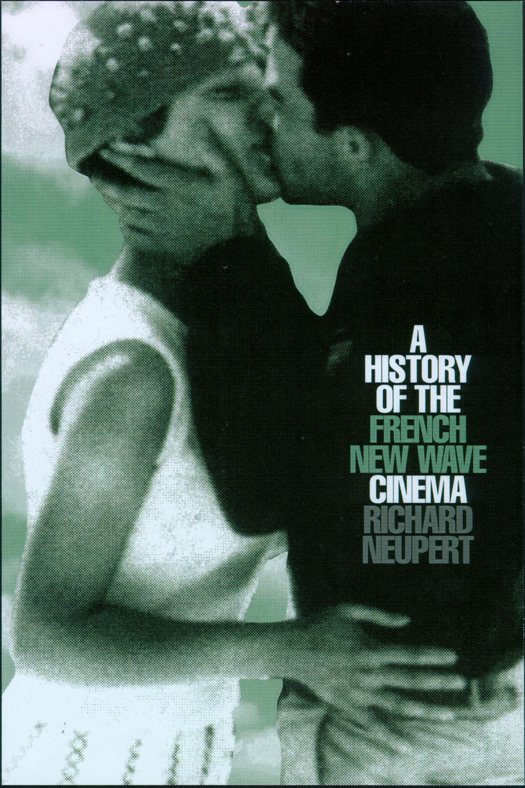
A History of the French New Wave Cinema (Richard Neupert, second Edition 2007)
The French New Wave is one of the most significant film movements in the history of the cinema.
-
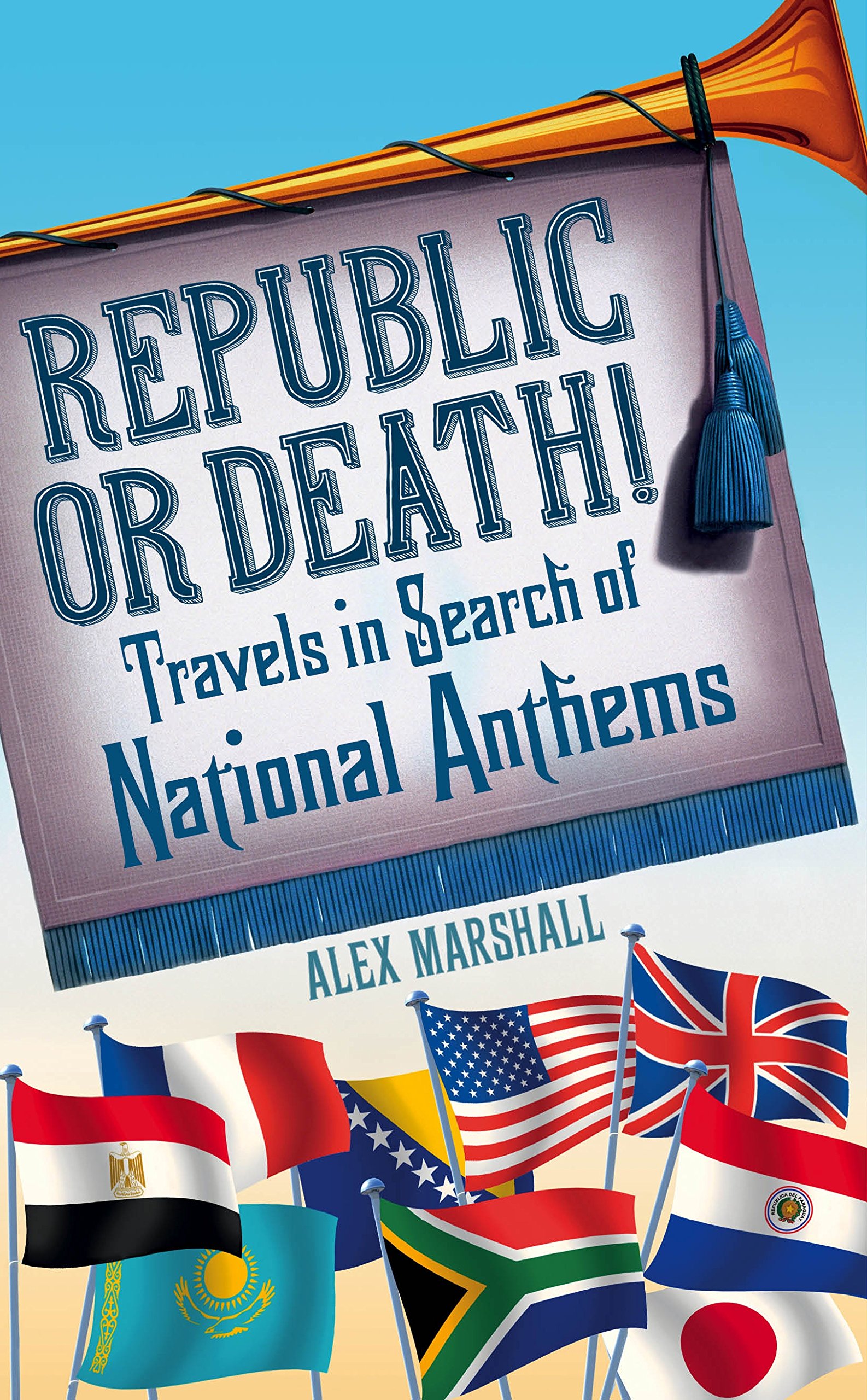
Republic or Death Travels in Search of National Anthems (Alex Marshall, 2015)
‘La Marseillaise’, the most famous national anthem of them all
-

François Truffaut (60 years of Heroes) | Time Magazine
François Truffaut. A key influence in modern cinema, his passionate filmmaking still seduces
-
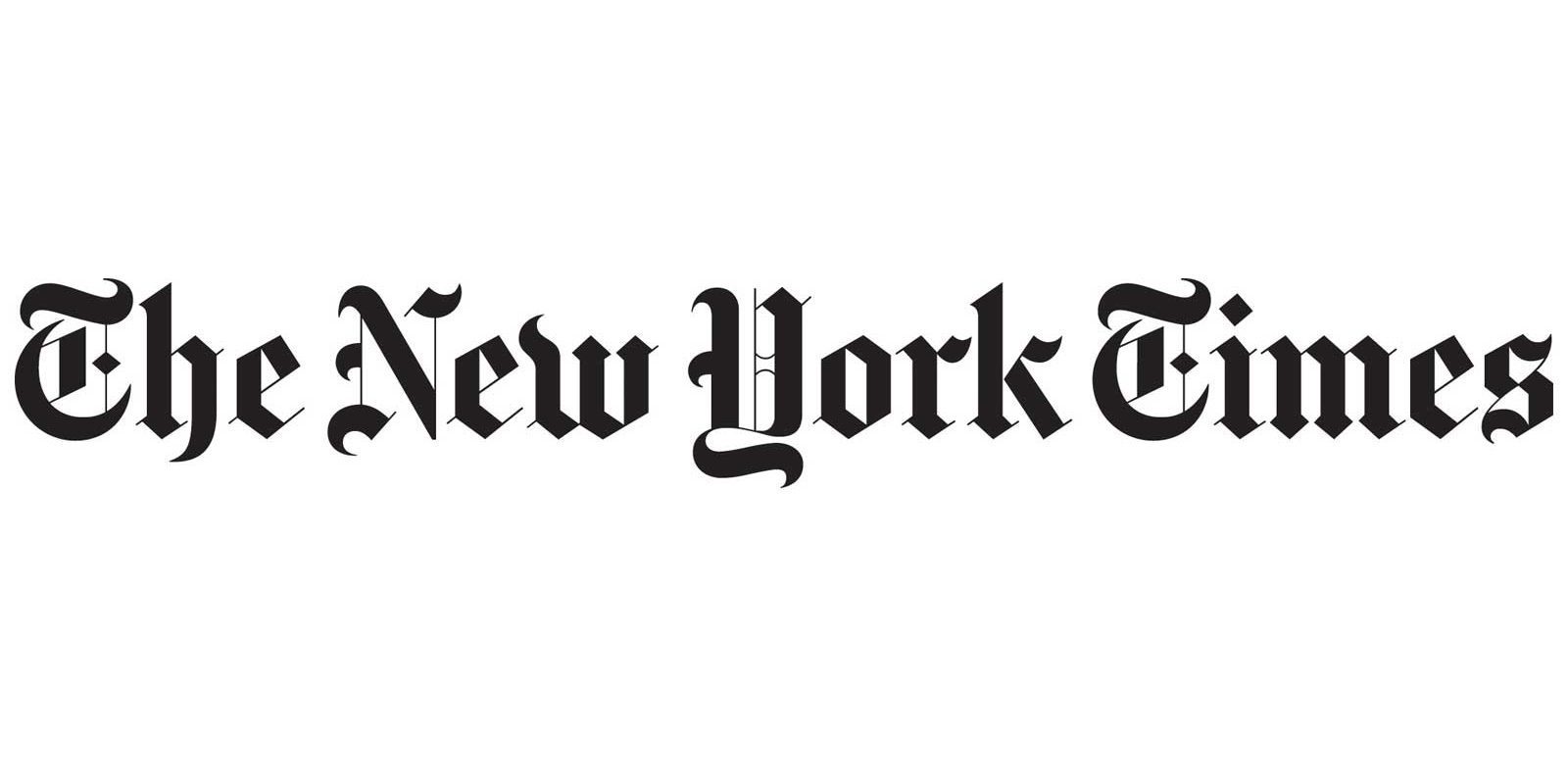
Review/Film; Homage to Max Linder, Early French Film Comic | The New York Times
Comedian whose work is often cited for its influence on Chaplin and Keaton
-
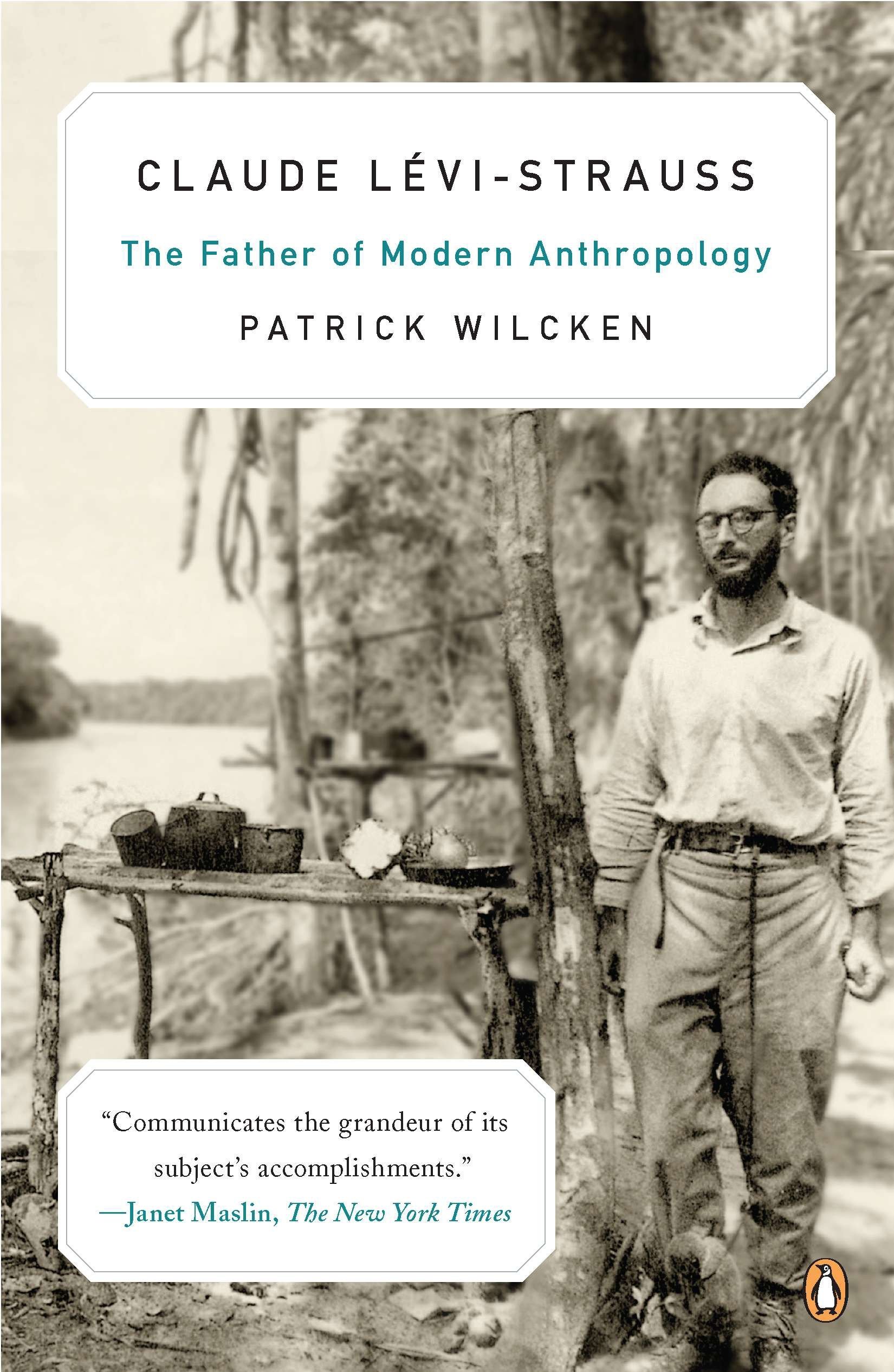
Claude Lévi-Strauss: The Father of Modern Anthropology (Patrick Wilcken, 2010)
« One of the 20th century’s most influential minds »
-
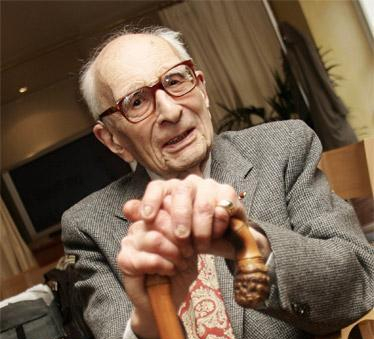
Claude Levi-Strauss: Intellectual considered the father of modern anthropology whose work inspired structuralism | The Independant
Claude Lévi-Strauss was the most famous anthropologist of his generation, and one of the leading intellectuals in post-war France
-

Turgot and Enlightened Progress | Online Library of Liberty
The continuing significance of Anne Robert Jacques Turgot (1727–1781) is both as a founder of modern economic science and as a powerful shaper of the Enlightenment idea of progress
-

Saint Bernard of Clairvaux French theologian and reformer (1090-1153) | 1902 Encyclopedia
ST. BERNARD, one of the most illustrious Christian teachers and representatives of monasticism in the Middle Ages
-
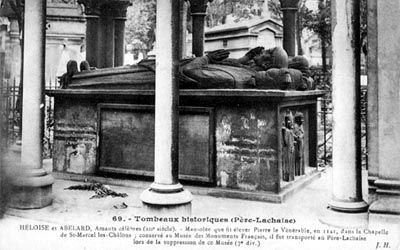
Peter Abelard | 1902 Encyclopedia
Great as was the influence exerted by Abelard on the minds of his contemporaries and the course of mediaeval thought
-
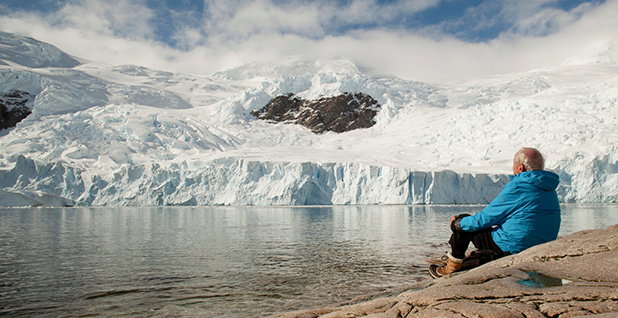
The man who discovered climate change finally gets his due
« If you look at the legacy of Claude Lorius, it is just enormous, it is so impactful, it just defines where we are today in terms of our understanding of climate, »
-
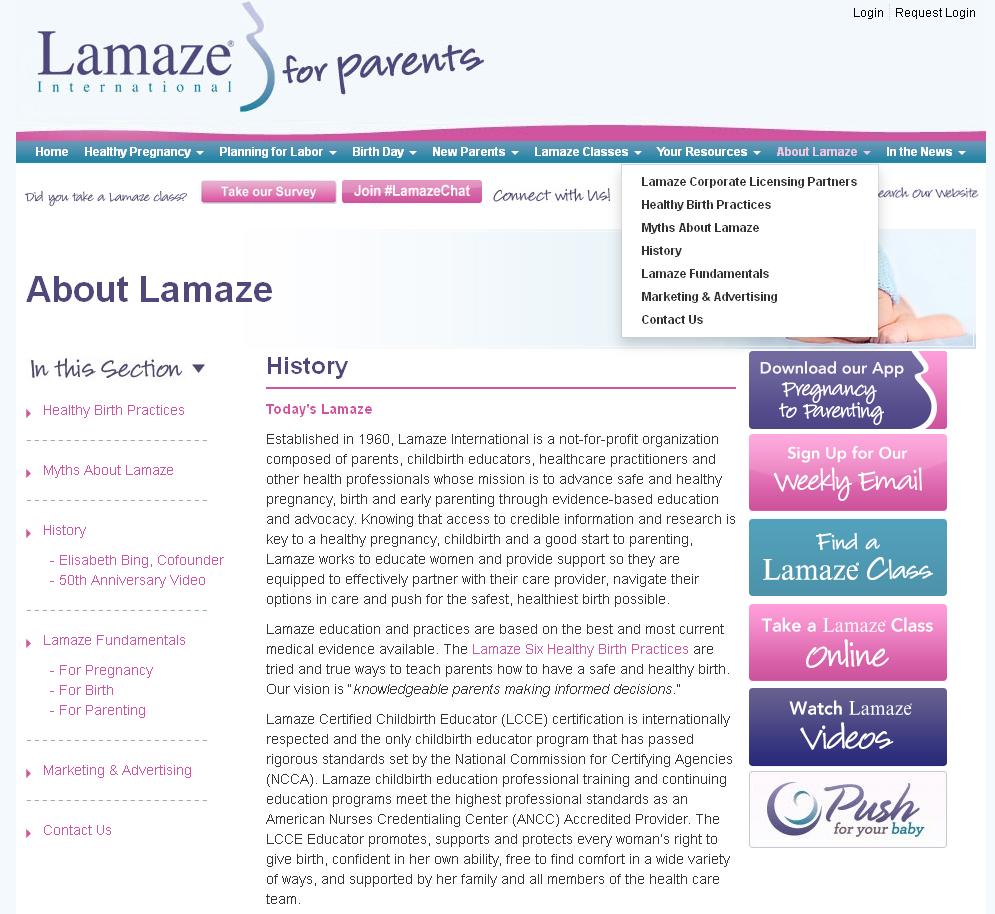
Lamaze International for parents
In 1951, Dr. Fernand Lamaze introduced a method of childbirth in France by incorporating techniques he observed in Russia
-
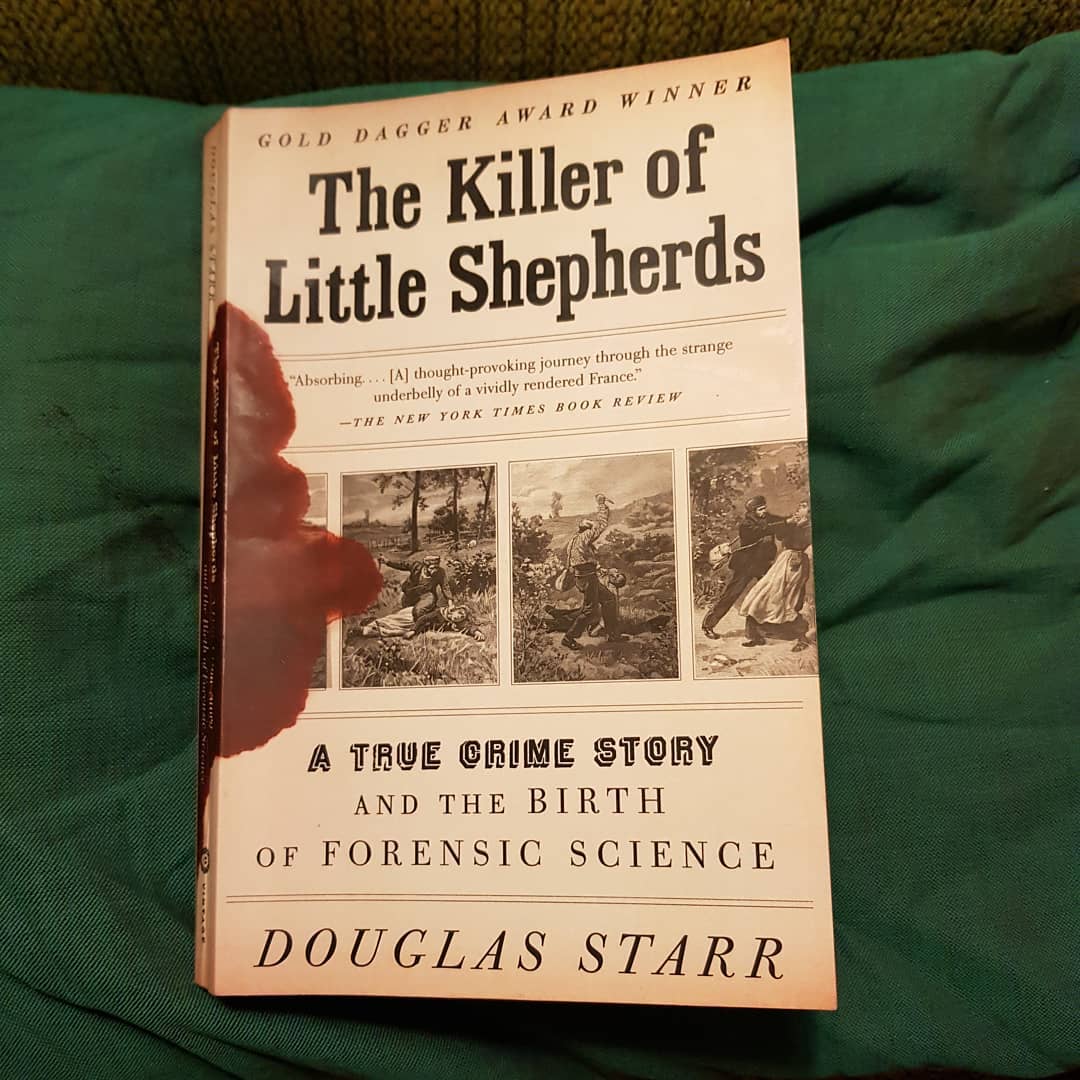
The Killer of Little Shepherds: A True Crime Story and the Birth of Forensic Science (Douglas Starr, 2011)
Starr shows how Lacassagne and his colleagues were developing forensic science as we know it.
-

ALPHONSE BERTILLON: THE FATHER OF CRIMINAL IDENTIFICATION
As the first man to find a way to scientifically identify criminals, Alphonse Bertillon secured his position in the history of forensic science as the father of criminal identification.
-
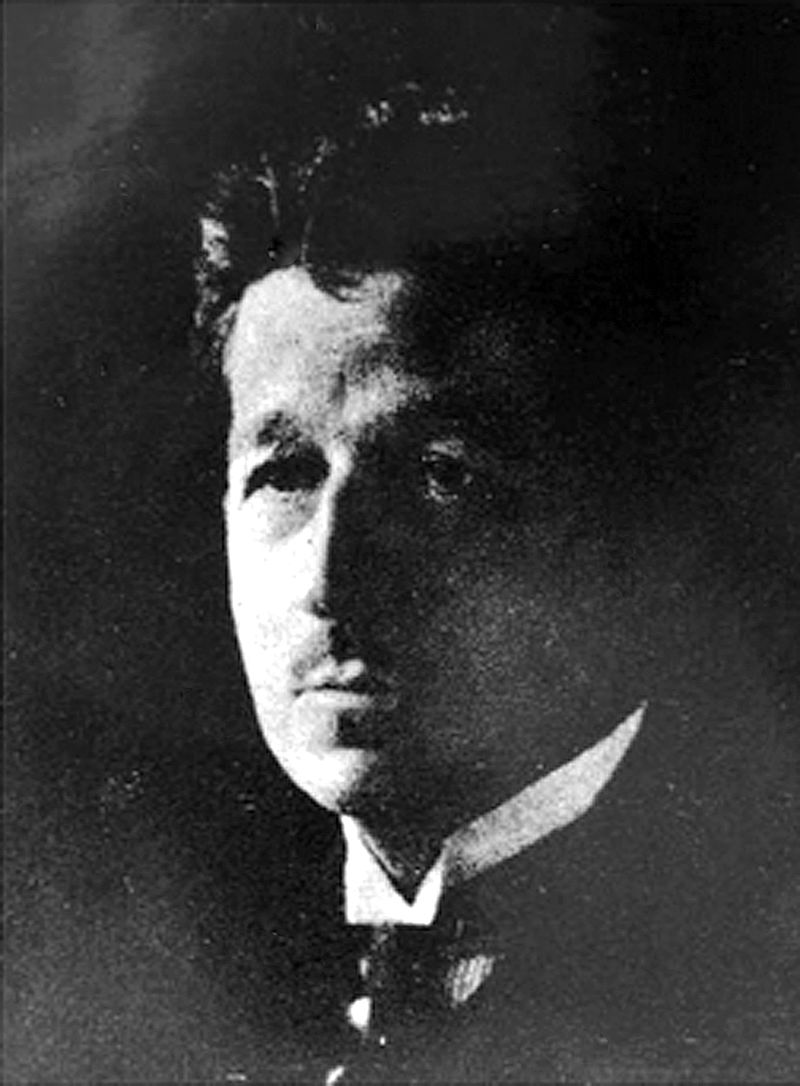
Locard, Edmond | encyclopedia.com
In 1912, the laboratory was officially recognized by the Lyon police. Locard then headed the first official police crime laboratory in the world. This laboratory received world recognition and many great criminalists obtained their knowledge and experience under the guidance of Locard in the years that followed.
-
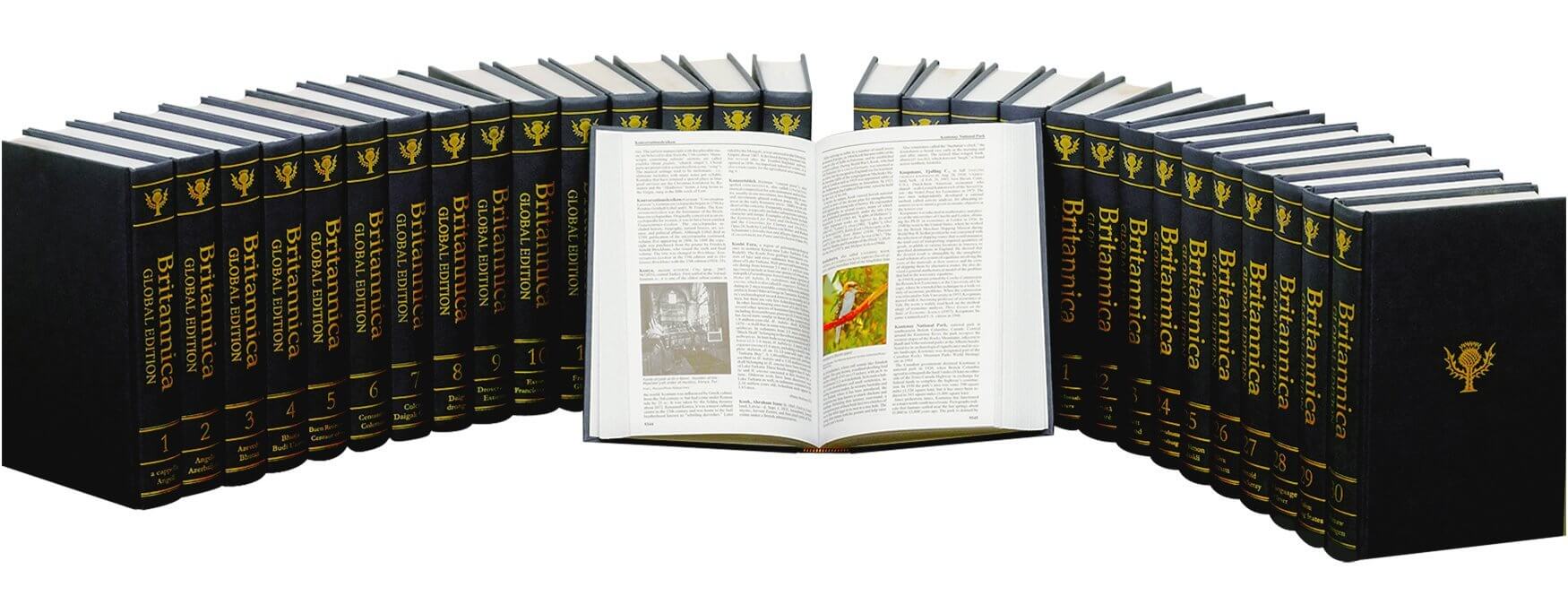
Alexandre Yersin, French bacteriologist | Britannica.com
Swiss-born French bacteriologist and one of the discoverers of the bubonic plague bacillus, Pasteurella pestis, now called Yersinia pestis.
-

Adolphe Quetelet (1796-1874) | Science Museum’s History of Medicine
Adolphe Quetelet was the first scientist to apply statistical methods to humans in a systematic way.
-
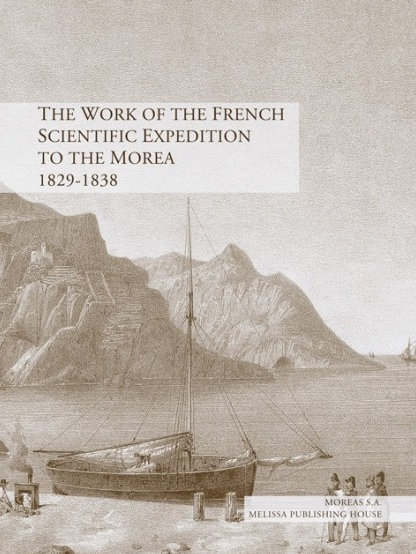
ΤHE WORK OF THE FRENCH SCIENTIFIC EXPEDITION TO THE MOREA 1829-1838 (YANIS SAΪTAS, 2012)
It is no exaggeration to say that the Expedition’s work marked a watershed in the documentation of Greek lands.
-

Dur Sharrukin ancient city, Iraq | Britannica.com
Excavations at the site (the first archaeological excavations in Mesopotamia) were begun by the French consul Paul-Émile Botta in 1843
-

Paul-Émile Botta French archaeologist | Encyclopædia Britannica
Discovery of the palace of the Assyrian king Sargon II at Dur Sharrukin (modern Khorsabad), Iraq, in 1843
-
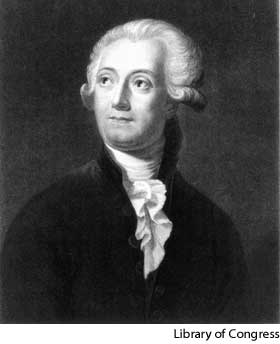
Antoine Lavoisier (1743-94) | Science Museum’s History of Medicine
Antoine Lavoisier is considered to be the founder of modern chemistry
-
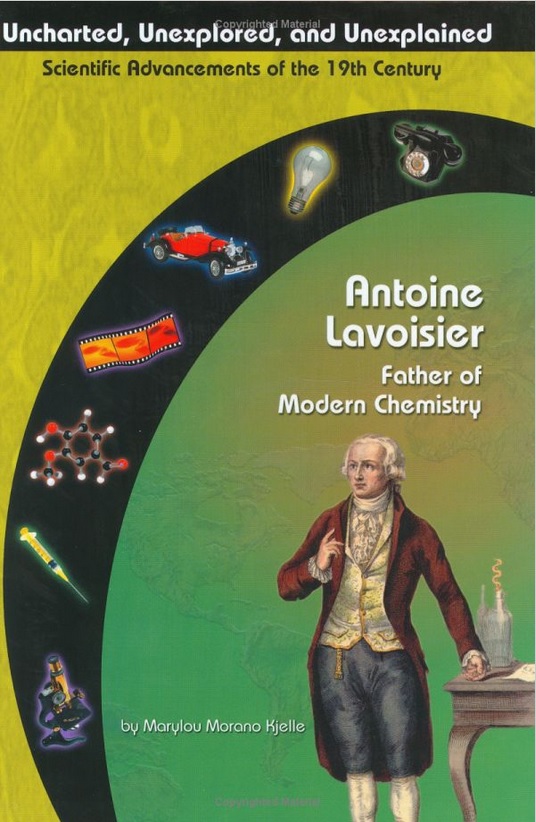
Antoine Lavoisier: Father of Chemistry (Marylou Morano Kjelle, 2004)
The turbulent period of history in which Lavoisier lived robbed the world of this brilliant scientist, whom the world has come to call the « Father of Modern Chemistry. »
-
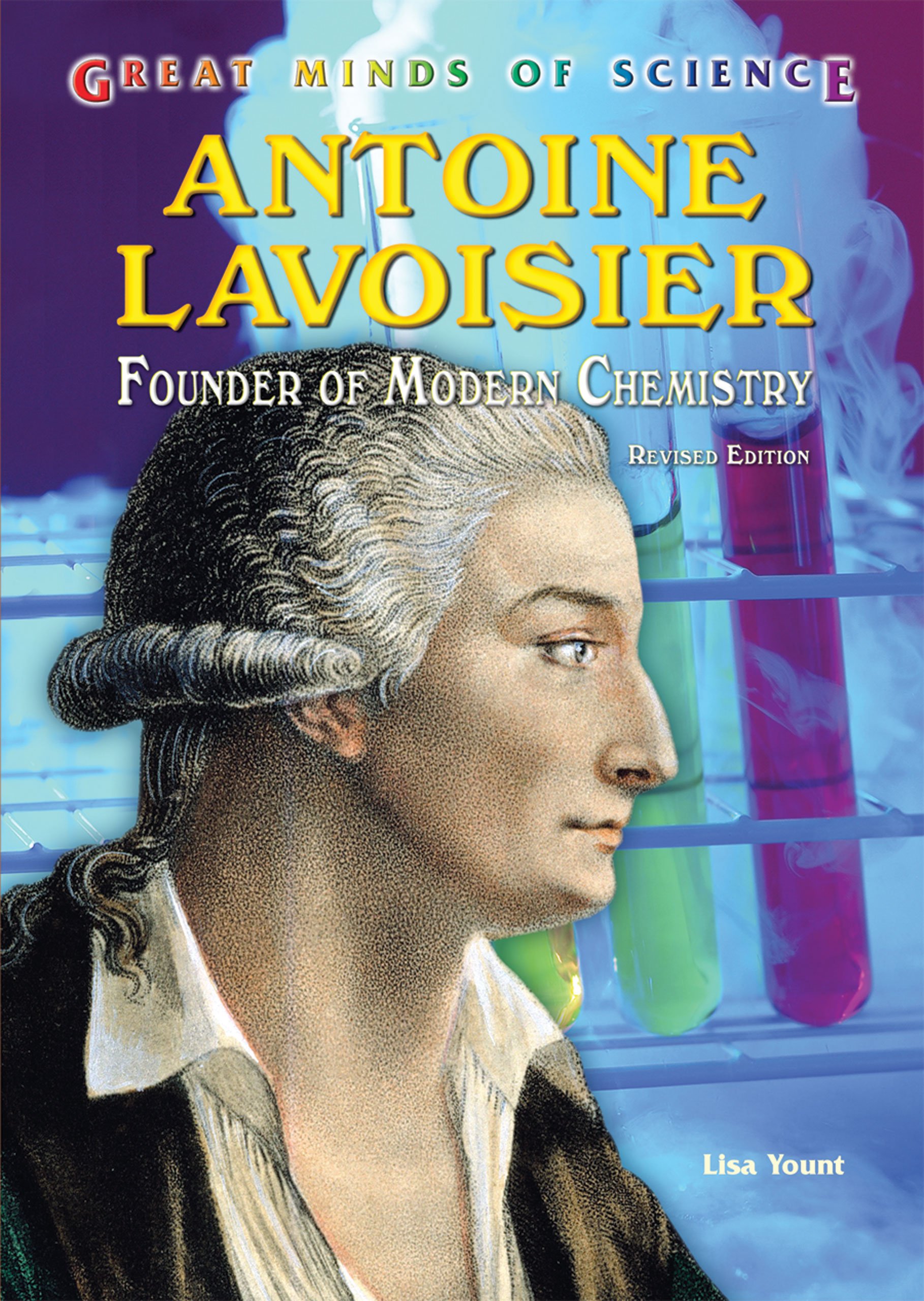
Antoine Lavoisier: Founder of Modern Chemistry (Great Minds of Science, Lisa Yount 2008)
Profiles the life of the Frenchman who is considered the founder of modern chemistry and biochemistry
-
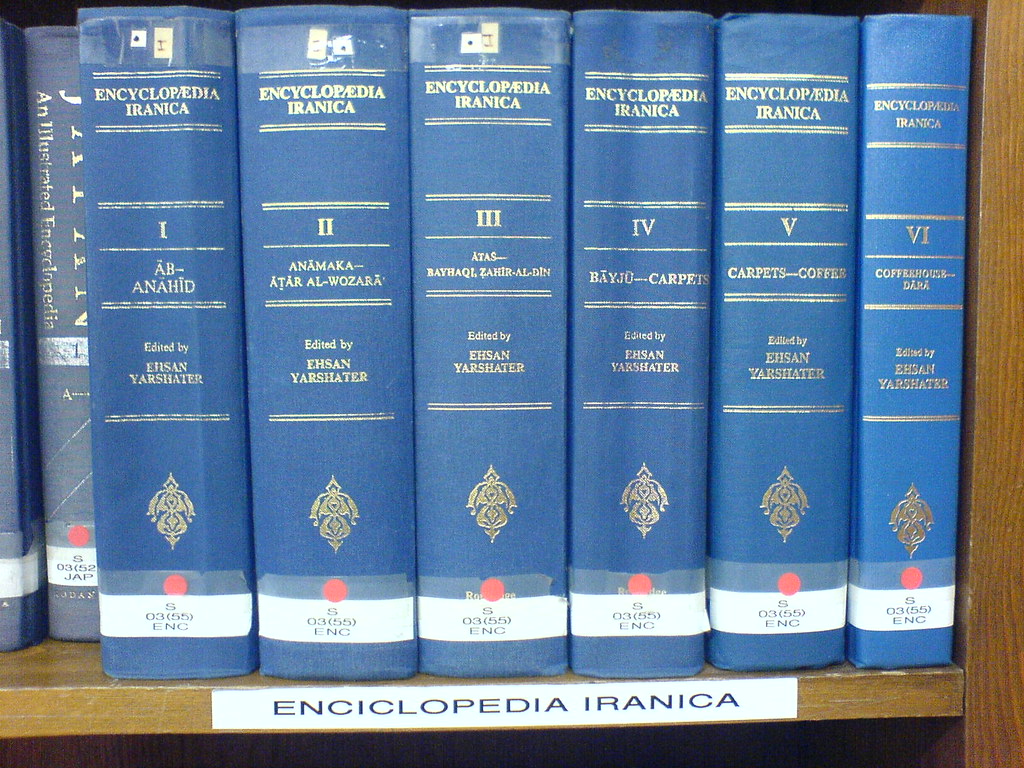
ANQUETIL-DUPERRON | Encyclopædia Iranica
Anquetil was nonetheless the first to bring a manuscript of an ancient oriental sacred text other than the Bible to the attention of European scholars.
-

A.-H. Anquetil-Duperron French scholar and linguist | Britannica.com
Generally credited with supplying the first translation of the Avesta (Zoroastrian scripture) into a modern European language and with awakening interest in the study of Eastern languages and thought.
